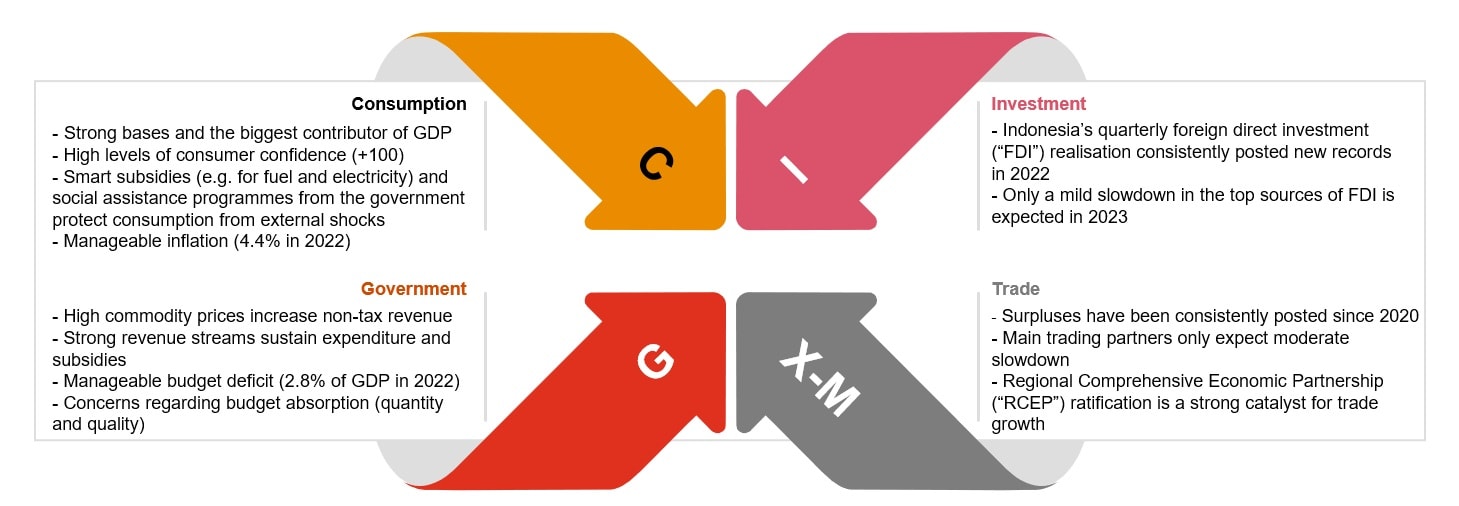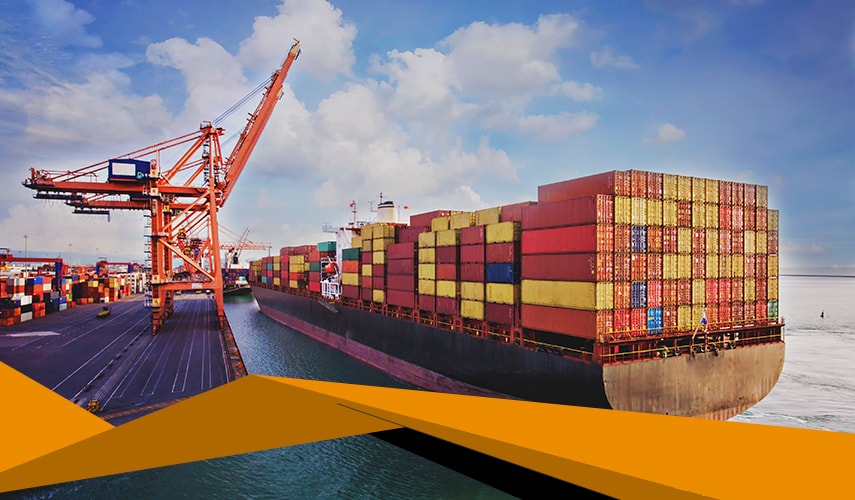Despite the global economy's gloomy projections, emerging Asian economies are the exception and Indonesia's economy is expected to experience only a mild slowdown in 2023. This is good news considering major world economies are expected to experience a recession in 2023 as the battle against inflation continues.
Global trends over the past three years have been marred by the rise of and subsequent recovery from the COVID-19 pandemic, geopolitical issues (Russia-Ukraine war), supply chain disruptions, unprecedented degrees of inflation and increases in commodity prices.
Indonesia Economic Update - Q1 2023 is a report issued by PwC Indonesia that analyses the trends and challenges of Indonesian economic conditions. In addition, the report also defines recent global economic dynamics and their impacts on Indonesia.
We expect the government budget to stay strong in 2023 and therefore expect there to be enough budget to sustain pro-growth and pro-job programmes, as well as subsidies to shield consumption and keep inflation under control.
What makes Indonesia’s economy safe in some areas (and not in others)?

Gross Domestic Product (GDP) Formula at Glance
Projections for the global economy are gloomy, but emerging Asian economies are the exception. We expect Indonesia to experience only a mild slowdown. To understand why, we would like to use the basic GDP formula, which comprises consumption (C), investment (I), government spending (G), exports (X) and imports (M). The overall projection for each of these five components looks promising, although some slowdowns are expected, especially for components that rely heavily on external factors (investment and trade).
Key Points
- Economic recovery and growth were gaining traction throughout 2022, supported by strong export, investment and household spending growth. However, downside risks, such as weak global demand, capital outflow, currency pressures and tight global financial conditions could potentially hinder growth momentum over the next four years.
- Indonesia's economy is expected to experience a mild slowdown in 2023. Growth is projected to be 4.8% in 2023. Nevertheless, the figure is encouraging considering that the world’s economies are expected to experience a major ‘slowbalisation’ in 2023 as the battle against inflation continues.
- The increases in subsidised petrol and global commodity prices pushed up annual inflation in 2022. Inflation has since cooled down as Bank Indonesia has been switching to a more aggressive monetary policy stance. However, inflation is expected to stay above Bank Indonesia’s target of 2-4% in 2023.


- Indonesia has revived its international trade activities while strengthening trade partnerships with other economies. Such measures are expected to provide a cushion against the economic uncertainty of 2023.
- Potentially low export growth could arise from slowing global growth but Indonesia’s core commodity exports (i.e. coal, palm oil, and nickel products) would remain in strong demand as long as the Ukraine war drags on.
Indonesia’s foreign and domestic investments reached their all-time high in 2022. The Omnibus Law, which harmonises government policies from regional to central levels, has improved the attractiveness of investing in Indonesia. Sustainable investment, which seeks to balance financial returns with Environmental, Social and Governance (“ESG”) aspects, is the key area to focus on over the next ten years.


- The Government of Indonesia has made efforts to mitigate the potential adverse effects of economic uncertainty, focusing on shielding purchasing power and nurturing investment opportunities while still making strides towards a green transition.
- The Government of Indonesia’s efforts to improve living standards are constrained by its budget capacity, and the government needs to increase coverage and quality infrastructure. More focus on Eastern Indonesia is expected considering the uneven development that disproportionately affects the region.
- The Government of Indonesia’s current priority is to maintain purchasing power through smart subsidies and concurrently keep its budget deficits below 3% of Indonesia’s GDP. It seeks to do this primarily by increasing tax and non-tax revenue and improving spending efficiency.
Contact us





















